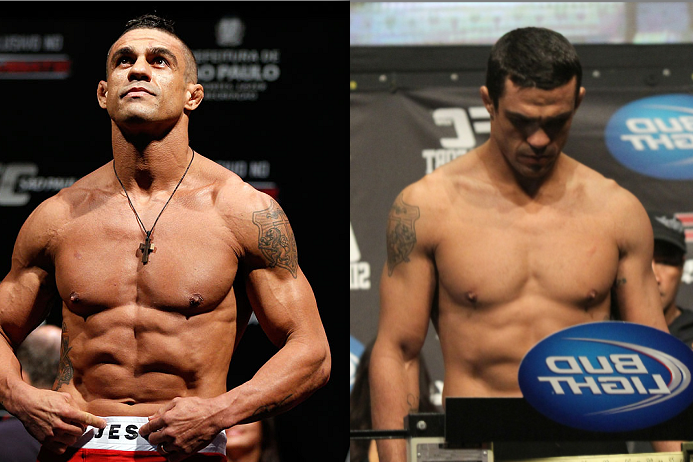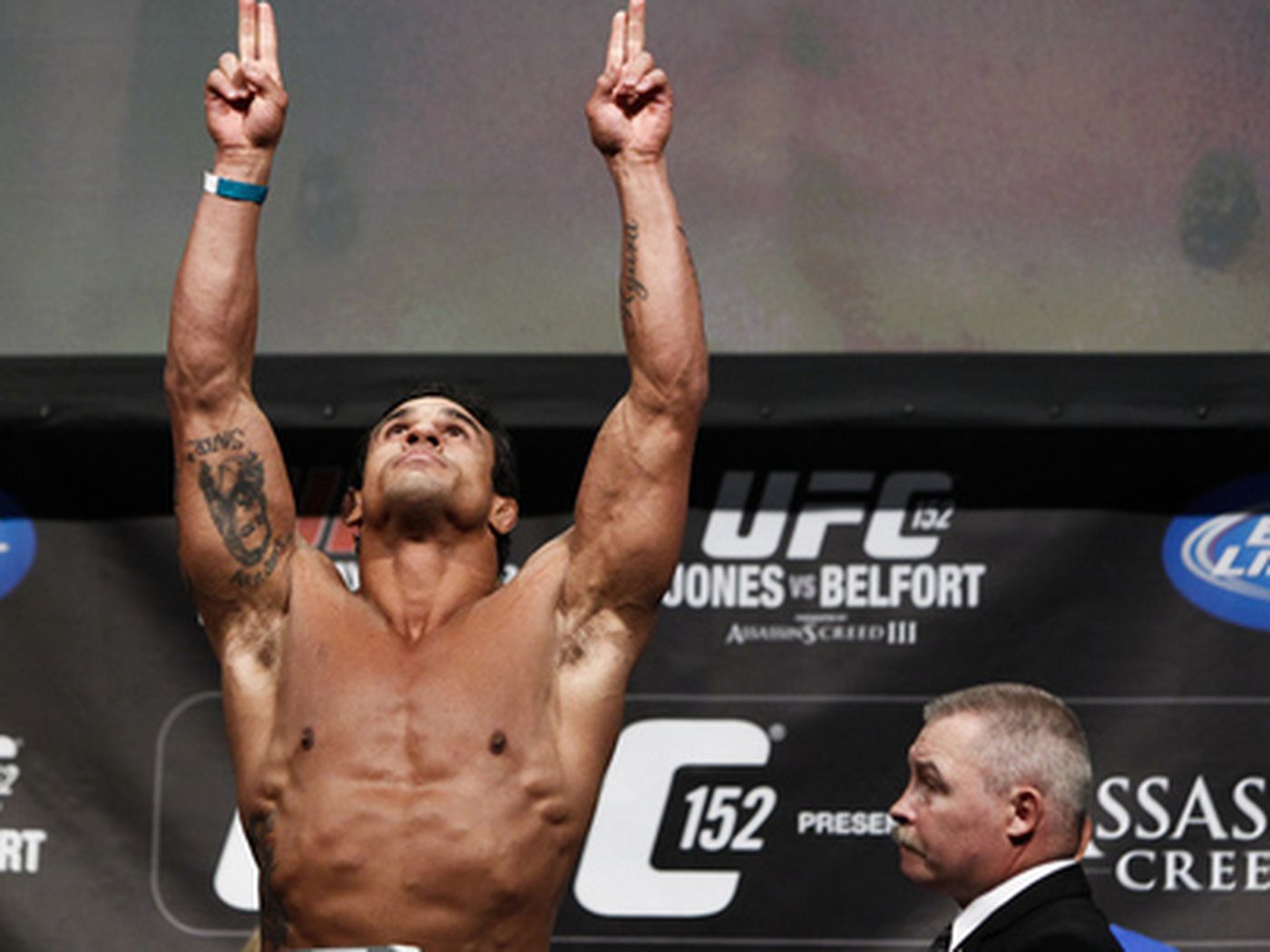Man, let me tell you about this whole TRT Vitor thing. It’s been a wild ride, and I’ve been following it closely. I remember when I first heard about Testosterone Replacement Therapy, or TRT. I thought, “What is this all about?” I started digging in and realized that it’s basically giving guys extra testosterone if they have a condition called hypogonadism, which means they are low on this hormone, or androgen.

So, I’ve always been a huge fan of Mixed Martial Arts. I was a big fan of Vitor Belfort. I mean, who wasn’t? This guy was a beast. But I noticed this sudden change around 2013. I thought, “Damn, he’s looking jacked, what’s going on?” He was knocking guys out left and right, looking like a superhero. I started seeing whispers online about him and TRT. It was the talk of the town, but there wasn’t any definitive proof or any clear answer. Back then, if you were on TRT, you could get an exemption, so it wasn’t technically cheating, but it definitely raised some eyebrows.
I kept my eyes peeled on every fight, every interview. People were speculating that his fights in Brazil had something to do with it. Then, the bomb dropped. The news came out that back in 2006, Vitor tested positive for steroids. I think it was after that fight with Dan Henderson. It all started to make sense. They said they found some 4-hydroxytestosterone in his system. He got suspended for nine months by the Nevada State Athletic Commission. That was a big deal. I was shocked, to be honest. It was like finding out your favorite superhero had a secret weakness. But the story didn’t end there.
After that, there were more rumors about Vitor and TRT. The UFC finally said something about it in February, confirming that he was on TRT, supervised by a doctor in Nevada. They said he had hypogonadism, the condition that gives you low testosterone. This made it all a bit more complicated. On one hand, he had a medical condition. On the other hand, TRT was giving him a clear advantage. I felt conflicted. I mean, I wanted to see him succeed, but it felt unfair to the other fighters. I remember talking to my buddies about it. We’d debate for hours, “Is it cheating, or is it just leveling the playing field?”
Anyway, Vitor kept fighting, and he kept winning. Those years, between 2013 and 2015, were some of his best. It was crazy. He was nearly 40, an age when most fighters are thinking about retiring, and he was performing like he was in his prime. I watched every fight with mixed emotions. Part of me was amazed by his performance, but another part of me couldn’t shake off the feeling that something wasn’t quite right. I was witnessing something extraordinary, but it was also a bit controversial. It was a dilemma, a moral gray area.
Then, in 2018, Vitor retired from MMA. I felt a sense of closure, but also a bit of sadness. It was the end of an era. But guess what? He came back in 2021, not for MMA, but for boxing. The guy just wouldn’t quit. I watched his return to the ring with a lot of nostalgia. It was like seeing an old friend again, but things were different. The whole TRT thing had changed the way I saw him. It added a layer of complexity to his legacy. I still respected his skills and his achievements, but I couldn’t ignore the controversy. It was a bittersweet feeling.

It is important to live a life with no regrets. What I learned from this whole TRT Vitor saga is that things aren’t always black and white. There are always two sides to a story, and sometimes, the truth lies somewhere in the middle. I still have a lot of respect for Vitor Belfort. He’s a legend, no doubt. But the TRT thing will always be a part of his story, a part that I, as a fan, had to grapple with. It made me think more critically about the sport, about fairness, and about the complexities of human performance. It was a valuable lesson, even if it was a bit messy at times.


















